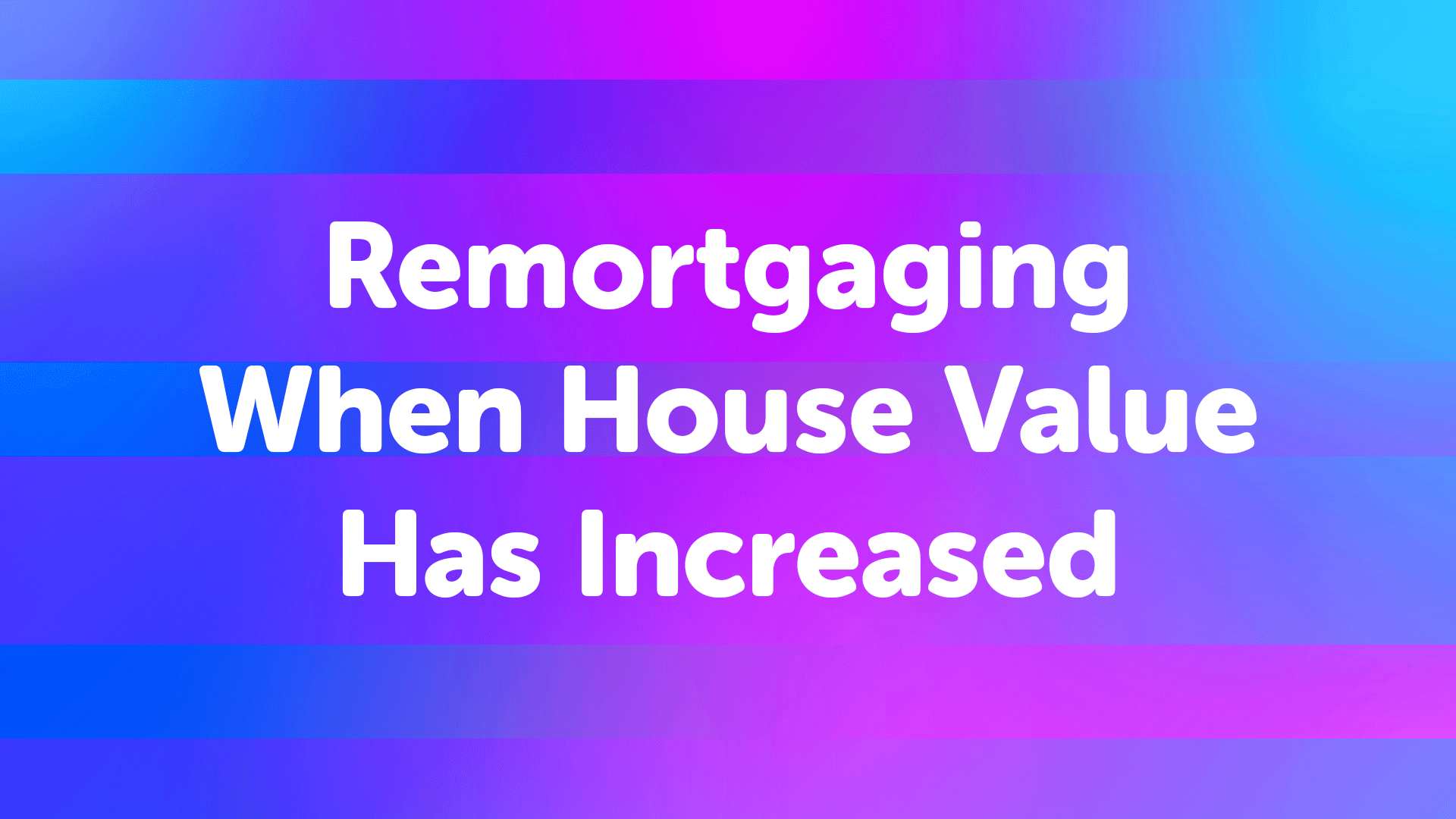Owning a property, whether it’s your family home or a buy to let investment, is a significant asset. It’s not just a place to live, but holds the potential for financial gain if you ever look to sell, as well as being something you can pass down to future generations.
The property market is dynamic and ever-changing, and property prices can skyrocket during certain periods. When this happens, it may be beneficial for you to explore your options for a remortgage in Leicester.
Doing so could give you access to a more favourable loan-to-value ratio and better interest rates, potentially allowing you to maximise your investment.
What is a loan to value and why do people remortgage in Leicester for a better one?
Loan to value (LTV) is the ratio of mortgage to the property’s market value, expressed as a percentage. For instance, if you buy a property for £100,000 with a deposit of 10% (£10,000), you’ll need a mortgage with a 90% loan to value.
Mortgage loan to values are divided into tiers or brackets. Typically, the lowest bracket will be 60% and increase to the highest ratio of 95%. The brackets or tiers offered will vary depending on the mortgage lender.
If you have a lower loan to value, you’ll have access to mortgage deals with more competitive interest rates.
In the example above, let’s say your property value has increased to £110,000 and your initial mortgage balance of £90,000 has come down to £80,000 after some years. This means that your new loan to value is 73%.
If you were to remortgage in Leicester, you would now be eligible for a 75% loan to value mortgage, which should have a more competitive rate of interest. Other factors such as market conditions will also determine this interest rate at the time of remortgaging.
The reason why lower loan to value mortgages have more competitive interest rates is that you pose less risk to the mortgage lender.
How do I find out the value of my property?
In order to access better rates or terms when you remortgage in Leicester, you will need to determine the current value of your property. This can be done by obtaining a valuation, which involves either an Automated Valuation Model (AVM) or a physical valuation.
An AVM involves using a database to cross-reference similar properties in the same area to determine the value, without someone physically coming to your location.
On the other hand, a physical valuation involves an inspector coming to your home to inspect both the interior and exterior, taking into account any home improvements or extensions you may have had.
If you prefer a physical valuation, you can discuss this with your mortgage advisor in Leicester during your free appointment. It’s important to note that when you remortgage, you’ll be switching to a new mortgage lender, unlike a product transfer where you stay with the same mortgage lender.
The new mortgage lender will want to know the value of the property they will be lending against as part of their risk assessment.
Remortgage in Leicester to Release Equity When Home Value Has Increased
While leveraging the equity in your home can sometimes lead to better deals, another reason to remortgage in Leicester is to release equity for other desired purposes.
This is often done for home improvements or other reasons, but it requires careful planning. When you remortgage, you’ll be taking out a new mortgage to replace the old one, but with a higher loan-to-value ratio.
As a result, your monthly mortgage payments may increase. That being said, the goal is to invest in your home and increase its value so that when you remortgage in Leicester again, you’ll be on a lower loan-to-value ratio.
It’s essential to have a well thought out plan and gauge the markets, especially when dealing with such a significant financial investment like your home. A mortgage advisor in Leicester can provide guidance on the best approach for your situation.
Can I remortgage in Leicester early if the value of my home has increased?
There may be occasions where you consider remortgaging earlier than expected. Although remortgaging in Leicester before your fixed-term ends is technically considered “early”, you might have the option to do so even a year before.
Breaking your contract terms could result in paying an early repayment charge (ERC), which is a downside to this option.
While it’s impossible to predict housing market conditions, people usually choose to exit their mortgage early for compelling reasons. If you plan to remortgage early, it’s advisable to engage a mortgage broker in Leicester to help you assess your options.
For instance, during the COVID-19 pandemic, the Bank of England base rate dropped to historic lows, allowing those due to remortgage in Leicester at the end of their fixed rate period to enjoy low interest rates.
On the other hand, if you were a year away from your fixed-rate ending, you wouldn’t be able to benefit unless you remortgaged early and extended your period.
This scenario is rare and unique, given that mortgage lenders withdrew most of their products, limiting people’s options.
Yet, it exemplifies how remortgaging early could financially benefit you. If your property’s value has appreciated, it’s an opportune time to consider remortgaging early to take advantage of lower loan-to-value rates.
But keep in mind that you might still incur an ERC and other costs, such as arrangement, valuation, and solicitor fees, on your new mortgage.
So, it’s crucial to weigh the potential savings against the overall costs before committing. Speaking with a mortgage broker in Leicester is recommended to fully understand your options.
Date Last Edited: December 6, 2023














